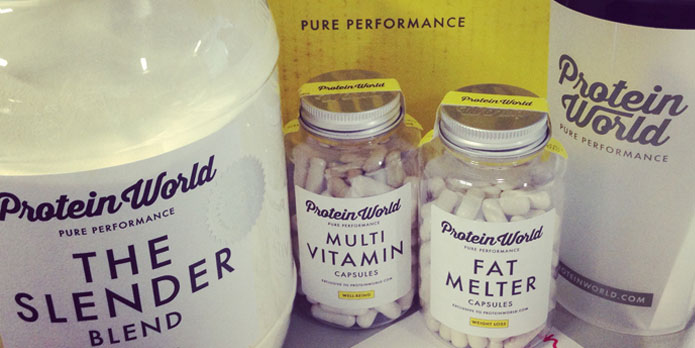
Protein World’s ‘Are you beach body ready?’ campaign pulled – a lesson for marketers and the internet’s reaction
Over the course of just two weeks in April 2015, more than 65,000 people signed a petition on Change.org calling on Protein World to remove a controversial outdoor and digital advertising campaign.
Over the course of just two weeks in April 2015, more than 65,000 people signed a petition on Change.org calling on Protein World to remove a controversial outdoor and digital advertising campaign.
The campaign was banned by the ASA on April 30th due to “concerns about a range of health and weight loss claims made in the ad, it can’t appear again in its current form”. The ad showed a slender model juxtaposed against the provocative strapline, Are you beach body ready?
Advertising as a discipline largely deals in helping people to solve problems or meet needs and desires they previously didn’t know they had. In that respect, this campaign was no different. No doubt Protein World’s marketers are giving themselves a pat on the back. After all, Protein World has executed a cross-channel campaign that sparked mass social media debate, headlines and – if you believe its CEO – over £1 million pounds in new sales.
But ironically for a ‘nutrition brand’ we think this campaign lacks sustenance; to us, it’s an example of integrated marketing gone sour. The underlying context of Are you beach body ready?, which conveniently sits alongside a heavily air-brushed image of the model, capitalises on body image insecurity.
While body-shaming to sell products isn’t a new concept, marketing experts need to recognise a responsibility to consider the impact of their campaigns, something Protein World seems intent on ignoring. With over 65,000 petitioners, more than 200 complaints to the ASA and mass disdain from the Twittersphere, Protein World’s general position seems to be “LOL”.
When commentary began appearing on Twitter complaining of the brand’s negative influence in the body image debate, it launched a series of personal attacks using insensitive hashtags and worse still – emojis.
Anyone well-versed in social media engagement would have wrestled the Twitter password away from whomever was responsible for that tweet, but not Protein World. The people behind @ProteinWorld ignored every meaningful opportunity to have an intelligent debate about lifestyle choices and health in lieu of attacking so-called “fatties”.
In contrast to Protein World’s negativity, the Internet has demonstrated its capacity for creativity and solidarity. A number of individuals, campaigns and organisations have successfully brand-jacked Protein World’s campaign.
Here are some of our favourites:
Oxfam

Oxfam cut straight to the point with a powerful critique of the focus on the nutrition link to vanity. This refocused the debate and allowed Oxfam to reinforce its position on the forefront of the fight against global malnutrition.
Dove

Dove wasn’t responsible for this impressive graphic but showed its support by posting, “However #EveryBodyIsBeachBodyReady in our eyes”, reinforcing its wider brand positioning as a champion of realistic beauty.
Navabi

Fashion retailer Navabi executed a slick response online showcasing two ‘curvy’ models with the message 100% beach body ready. This positive representation of women and punchy strapline leaves us in no doubt of what Navabi thinks of the original campaign.
LastMinute.com

And last, but not least, LastMinute.com posted its own defiant representation of what it means to be #BeachBodyReady.
